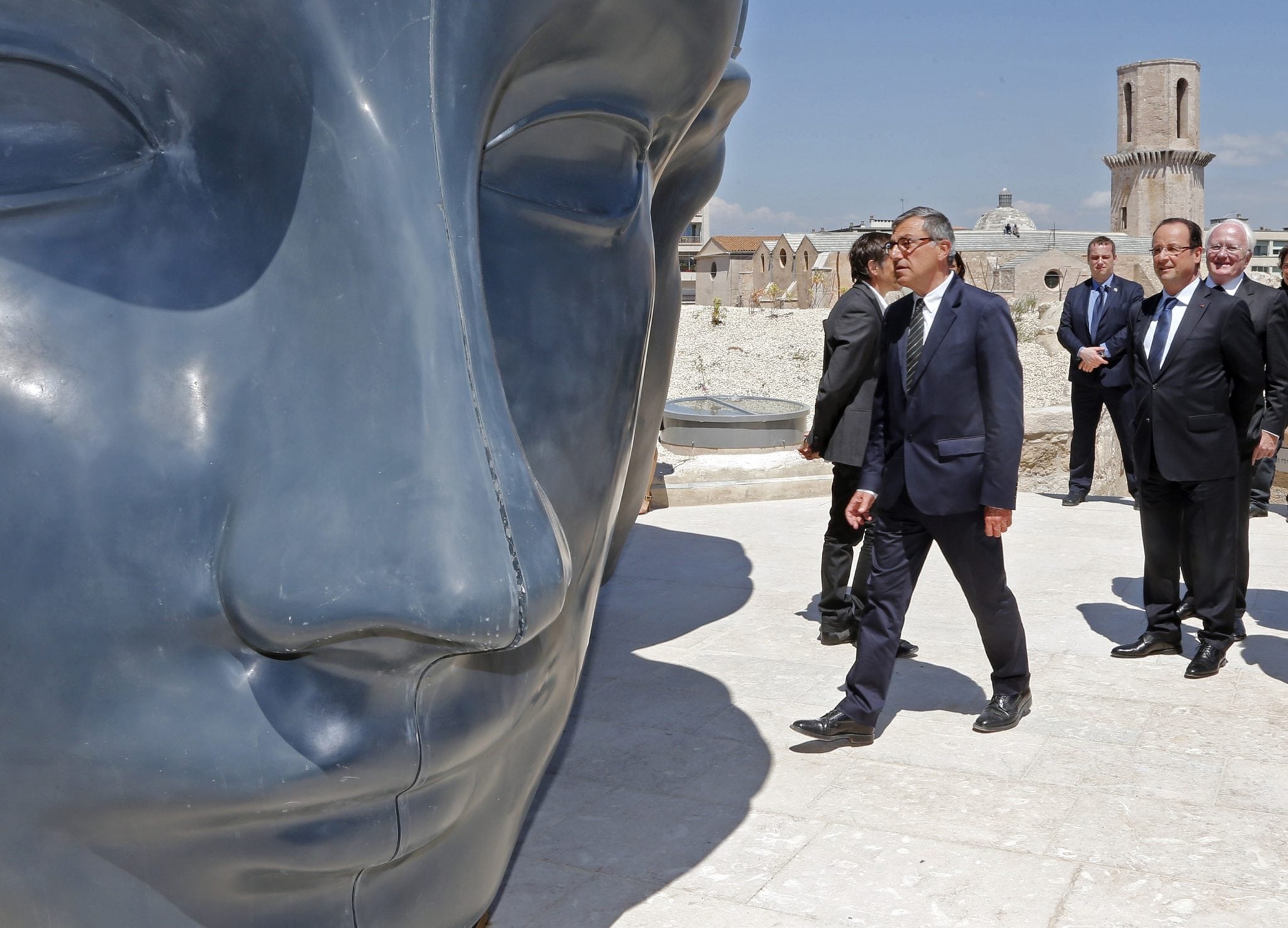Skift Take
Crime in Marseille never approached the levels of violence in the U.S., but rather pointed to the complicated lines that tied the French city to the cultural ties that once linked Mediterranean cities before the rise of modern nation-states.
A new flagship museum dedicated to Mediterranean civilization in Marseille is hoping to shake off the southern metropolis’ reputation as France’s deadliest city with a drastic cultural makeover.
The Museum of European and Mediterranean Civilizations, which is being inaugurated by French President Francois Hollande on Tuesday, is the centerpiece of Marseille’s turn as the European Capital of Culture for 2013, which aims to attract 10 million visitors to the city this year.
Officials see it as a chance to transform the ravaged image of the metropolis, which was once a crossroad of Mediterranean civilization and bastion of the ancient Greeks, but is now considered one of Europe’s deadliest cities.
Four decades of widespread poverty in Marseille saw the rise of a powerful mob scene, including a criminal underworld of drugs, prostitution and gambling. There were 24 fatal shootings in 2012 alone.
The violence, which has centered on territorial disputes between drug barons and involved Kalashnikov assault rifles in gang clashes, has fueled comparisons to the Italian Camorra stronghold of Naples. More recently, following investigations, a Socialist lawmaker representing Marseille in the national assembly was sentenced to prison for buying votes, a ruling she has appealed.
“We continue to present Marseille in national and foreign media just by crime, dirt, and letting itself go. … We forget that Marseille has a beautiful history, contributing to the rich civilization of the Mediterranean,” said Bruno Suzzarelli, the museum’s director.
He said that the museum can help rebrand the city’s image.
Overlooking the glimmering Mediterranean Sea on the Marseille’s storied but disused pier, the museum is certainly an ambitious project. It is the first one in the world dedicated to the heritage of the Mediterranean basin, and France’s only stand-alone national museum outside of Paris. It includes an impressive square building with a dappled metal shell designed by architect Rudy Ricciotti.
The museum has 1 million cultural artifacts from a region stretching from Spain to Israel and via the Balkans, Turkey and north Africa — ending in Marseille itself. Added to that is a renovation of the grand 17th-century fortification Saint Jean, which was previously closed to the public. It’s joined to the museum by a sleek metal gangway.
Officials are optimistic about the project, aiming for some 300,000 visitors a year to the museum alone, which would double what Marseille got in recent years.
The final product, which was 13 years in the making under three French presidents, is an expensive cultural gamble at a cost of more than 200 million euros ($260 million).
“It looks impressive, and we all hope it will succeed. We need real change here, renewal,” said Chloe Rabuel, a Marseille bartender. “But we have to wait and see. Will people come?”
The museum has been designed to attract as many foreign tourists as possible, with captions written in French, English and Arabic. The site is some 15 minutes from the Marseille-Provence airport.
The collections represent dozens of cultures and their histories. Though half of museum’s works drew on the collection from Paris’ Museum of Popular Arts and Traditions — a vast folklore museum that is now defunct — the other half, including classical antiquities, comes from loans from other museums, particularly from Greece.
“We’re representing the entire Mediterranean narrative,” said Zeev Gourarier, the museum’s curator. “We represent not just the victories of the revolutions in thinking and invention, but also the uncomfortable truths. … Just like the history of Marseille has not been easy, the history of the Mediterranean has also been about repression, walls, false steps and violence. History repeats itself.”
Copyright (2013) Associated Press. All rights reserved. This material may not be published, broadcast, rewritten, or redistributed.
![]()
The Daily Newsletter
Our daily coverage of the global travel industry. Written by editors and analysts from across Skift’s brands.
Have a confidential tip for Skift? Get in touch
Tags: france
Photo credit: French President Francois Hollande, right, with MuCEM president Suzzarelli, center, seen during his visit to the Museum of Civilizations from Europe and the Mediterranean (MuCEM) in Marseille, southern France, Tuesday June 4, 2013. Jean-Paul Pelissier / AP Photo
